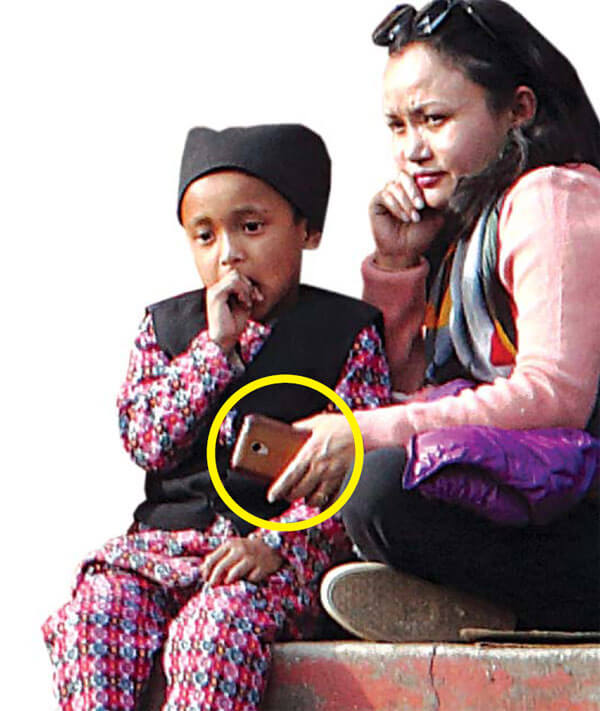Face-to-face with Facebook

Half way through an interview with Britain’s Channel 4 News involving multiple hidden cameras last month, a person posing as an influential Sri Lankan political power broker asks Alexander Nix of Cambridge Analytica how he can help win an election for his candidate back home.
Cambridge Analytica doesn’t know this is a sting operation, and its staff boast about how they helped politicians in Kenya, Nigeria, India and the United States win elections by using vast amounts of Facebook data for micro-targetting voters, bespoke advertising and fake information. Nix then lays out how Analytica doesn’t just help clients use “deep digging” on rival candidates, but can also entrap them with bribes or Ukrainian call girls using hidden cameras. Ironically, Channel 4 was using the same sting tenchnique to blow the lid off Cambridge Analytica.
That was in mid-March. By now the scandal has spread to Facebook, its questionable data sharing practices, its algorithms, and how they may have been used by the Russians to undermine Hillary Clinton in the 2015 US presidential election. The story is still unfolding as we go to press, and we don’t know who else it will drag down with it. But Mark Zukerberg’s inability to defend his revenue model during a Congressional hearing in Washington on Wednesday now threatens to change the way the world’s largest, richest and most powerful Internet platform does business.
Many have argued that Facebook and social networking sites in general had it coming to them. They are hoping that, like some European countries, Facebook and others can finally be reigned in. There is an active worldwide #LeaveFacebook campaign that is gathering steam. But even so, many users say Facebook is too entrenched in their lives and it would not be possible to carry on normally without it. Indeed, data shows that most of you will be reading this Editorial by clicking links posted on the Nepali Times Facebook page.
There are now more than 8 million Nepali Facebook users, and this does not count a couple of million more Nepalis domiciled elsewhere who log on to Facebook to keep in touch with family, friends and media back home. A Nepal Media Landscape Survey conducted earlier this year by the Sharecast Initiative (see page 1, 14-15) shows that among Internet users, 81% were on Facebook. In fact, among the 16-24 age group, Facebook use was 86%.

While the Cambridge Analytica/Facebook scandal and the manipulation of social media at election time has not got the attention it deserves here in Nepal, we will need to keep watch as the spread of Facebook throws open the possibility of future data mining for electoral advantage here, too.
Of much more immediate concern, however, is the lack of media literacy. Adolescents are using these platforms without being aware of privacy settings.
The Police cyber crime division receives dozens of complaints a day of public sharing of private images and videos, sometimes leading to suicides. There hasn’t been a definitive study yet, but anecdotal evidence points to the current epidemic of rape in India and Nepal being linked to the spread of hardcore pornography on the Internet. There have been reports of gang rapes where fellow-perpetrators recorded their crime on phone video.
We always knew the Internet was a double edged sword. It hasn’t lived up to its promise of levelling the information playing field and encouraging healthy debate on issues. Instead, it has fragmented audiences into echo-chambers that magnify extremist views. Algorithms and bots expose users to ever more radical ideologies ever more efficiently – mainly because that directly allows YouTube, Facebook and others to generate greater revenue.
Despite the gloom and doom, there is hope that the current scandal over Facebook will tame its wild ways, and force it to be more careful. It is not just a matter for the U.S. Congress, what America decides to do with Facebook will affect the whole world.
Here in Nepal, there is a silver lining in the Sharecast survey results in this issue. Despite the fact that such a large proportion of young men and women use Facebook, it seems less than 2% trust the information it contains. There is still far more trust of the mass media like tv and radio, although the low level of trust of newspapers and magazines (3%) is a bit troubling.
The distrust of information on the Net may actually insulate Nepalis from those using the platform to spread intolerance, extremism, bigotry and hate. Although more people will be online as mobile data spreads, the fact that 65% of Nepalis still do not use the Net means that it may actually buy us time to set things right and reduce the harm.
Read also:
Interlink with
How Nepali media landscape is being transformed
It's party time on the internet




